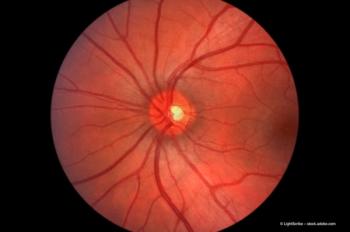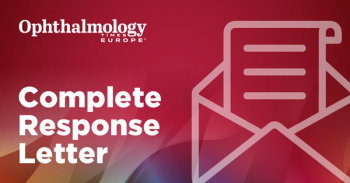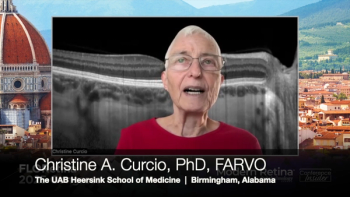
The standard of care for wet AMD
To address issues around ourcomes, dosing and safety of anti-VEGFs, an independent scientific symposium (sponsored by Novartis) was held during COPHy. Here, we present some brief highlights of this meeting.
Currently, there are three anti-VEGF agents being used to treat patients, ranibizumab (Lucentis, Novartis, Basel, Switzerland), aflibercept (Eylea, Bayer HealthCare, Leverkusen, Germany) and bevacizumab (Avastin, Genentech, San Francisco. California, USA). The former two are licensed for ocular use and the latter is a cancer treatment that is commonly prescribed 'off-label'.
These three agents, although all are derived from immunoglobulin G,4–6 have key differences in molecular structure and pharmacokinetic characteristics, which require careful consideration. As such, in an independent scientific symposium, supported by Novartis, at this year's COPHy congress in Lisbon, Portugal, leading retina specialists discussed outcomes, dosing and safety of anti-VEGF therapy in wet AMD. Here, we present some brief highlights of this meeting.
"It is clear to everyone that ranibizumab has really transformed the treatment landscape of wet AMD," asserted Dr José Cunha-Vaz (AIBILI, Coimbra, Portugal). "Since entering the market, we have seen improvements in visual acuity of wet AMD patients through treatment with this therapy."
There are many published trials demonstrating the safety and efficacy of ranibizumab, he noted. For example, data from Denmark and Israel demonstrated a 50% reduction in incidence of blindness associated with wet AMD.7,8 Additionally, there are now over 2.2 million patient-treatment years of ranibizumab recorded and the ongoing LUMINOUS study will provide further information through its large patient safety dataset.9
However, with these trials comes more unanswered questions. "One such topic is the treatment regimen," he added. "How long should you be treating?" Individualized dosing has also been recently investigated and studies have shown that ranibizumab is as effective when administered on an individualized basis as when it is given monthly.10–14 "The good thing about individualized dosing is that you really give fewer injections - at least in trial - minimizing risk to patients," emphasized Dr Cunha-Vaz.
Further to this, systemic safety and efficacy of the drugs should also be considered, particularly in light of the fact that there are structural differences between the various available treatments, explained Dr Cunha-Vaz. "We are treating patients that are already aged," he said. "They are, for the most part, in the last 20 years of their lives and have a variety of other morbidities."
Newsletter
Get the essential updates shaping the future of pharma manufacturing and compliance—subscribe today to Pharmaceutical Technology and never miss a breakthrough.




























